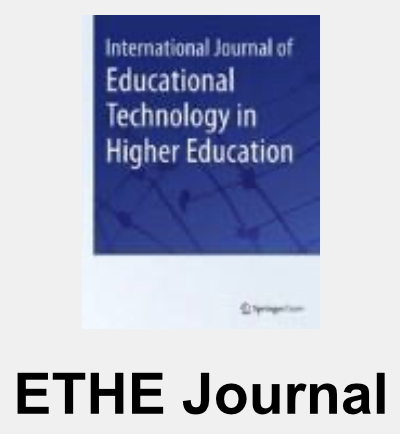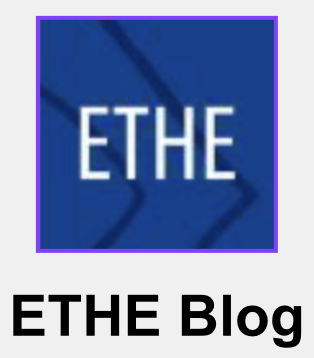Upcoming ‘Data Cultures in HE’ webinar: “Building Data Cultures: narratives and activism from the Civil Society”
Webinar Series: Data Cultures in HE: Emerging practices, professionalism and the challenge of social justice
Rahul Bhargava – MIT Media Lab (US) – 20 May 2020 – REGISTRATION OPEN!
So far so good, we are approaching to our fifth webinar in the Series. Las one was in the pre-COVID19 era in Spain, and a webinar could make a difference in the overall plan of professional activities. These days of lockdown, we are flooded of digital invitations. All our social activity has become digital. So, how could we possible make a difference in our digital lives?
There.
We invited Rahul Bhargava, who inspired us in creating this space to cultivate “fair data cultures” in Higher Education. Yes, Rahul’s work led us to understand that if data belongs to the people, it should come back to them. His impressive work with the communities in exploring the meaning of the data we live by was inspiring and, lucky we are! He accepted our invitation to live share his ideas with us through an unusual Webinar, taking the shape of a hands-on distance workshop.
Let me introduce Rahul.
 He is a researcher and technologist specializing in civic technology and data literacy. He creates interactive websites used by hundreds of thousands, playful educational experiences across the globe, and award-winning visualizations for museum settings. As a Research Scientist at the MIT Center for Civic Media, Rahul leads technical development on projects ranging from interfaces for quantitative news analysis, to platforms for crowd-sourced sensing. He has a special interest in how new technologies are introduced to people in settings focused on learning. Rahul is a drummer and father based in Somerville, MA.
He is a researcher and technologist specializing in civic technology and data literacy. He creates interactive websites used by hundreds of thousands, playful educational experiences across the globe, and award-winning visualizations for museum settings. As a Research Scientist at the MIT Center for Civic Media, Rahul leads technical development on projects ranging from interfaces for quantitative news analysis, to platforms for crowd-sourced sensing. He has a special interest in how new technologies are introduced to people in settings focused on learning. Rahul is a drummer and father based in Somerville, MA.
Doubtless, our endeavor in discussing the way we could generate fair data cultures in higher education harmonize with Rahul’s work. Our mission is connected to education and research, the two ways into which the University connects to the society. So as we pointed out, the way we deal with data in these two areas of human activity need to be revisited, discussed. For our data myths, inequities and perils must be unveiled.
More than a Webinar
As a data activist, Rahul is used to work with the communities. He leads several participatory projects where data is explored through daily things and materials, like the “Data Sculptures” for civic change.
A Data Sculpture workshop by Rahul
He could not but challenge us to organize something in this vein.
Therefore, this webinar will be rather an online workshop, which will allow us to have a taste of Rahul’s concepts and method.
For sure, the proposal will endow us to dive deep into data as concept, in a society that seems to stick to the power of data and artificial intelligence in a rather naïve and even sloppy way.
The approach will take into consideration:
- Data is historically wielded by those with power, with most risks borne by those without power.
- Case studies. Rahul wil share some examples of how he approaches rectifying this history in formal and informal education settings
- Call to arms. it is data educator’s responsibility to teach ethics and relevance – data for the social good; which in time implies how can the educators integrate this into their teaching.
So, be prepared to collect rummage around your desks or houses to find fun supplies. Rahul will lead us to make something out of. We will take pictures of our work and post it to twitter or to a padlet prepared for our digital workshop.
As just an example of what the message he is catering through his work, in an interview presenting an app for civic monitoring in Brazil, the “Promise Tracker” Rahul said that “… technology can help people get involved with their communities, but technology is not the hardest part of it. The social process is the great challenge –
I believe this workshop has incredible potential for educators, but also for people working as leaders across spaces of informal learning, like community librarians, artists.
We will also devote some space to Higher Ed and the criticalities of forming people with the skills to deal critically with data.
And yes, we did not devote in this post a sentence to the magic word “COVID19” but I believe that the skills and ideas Rahul will support us to develop, are in deep connection with a critical understanding of the social fabric where this pandemic stands.
Don’t miss this opportunity.






